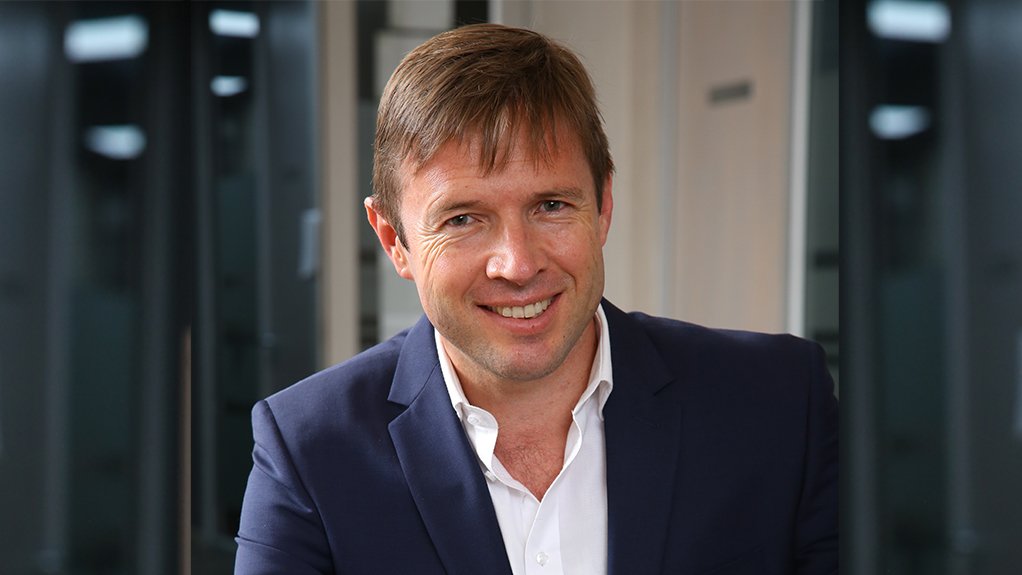
+27 11 441 1111
SRK House, 265 Oxford Road, Illovo, 2196, South Africa

Addressing Energy Challenges


ANDREW VAN ZYL To assist mines in their transition to renewable power, consulting engineers are crucial to assist clients in managing the technical and contextual opportunities, and risks associated with the transition
While South Africa’s mining industry has embraced renewable energy amid a global energy transition, local energy constraints have made renewable-energy capacity a short-term requirement, in addition to coal-based energy sources, says international mining consultancy SRK MD Andrew van Zyl.
“As an intensive energy user in South Africa, the mining sector is keen to reduce its carbon footprint as part of global mining industry efforts to support a lower-carbon future for the planet. In South Africa, there is the added opportunity that renewable energy could lower the cost of energy at an operational level and reduce the risks associated with unreliable grid energy supply.”
Despite energy constraints, he describes the outlook for renewable-energy generation in South African mining as “very bright”, adding that renewable energy generated by the private sector can lessen the demand placed on State-owned power utility Eskom and, consequently, reduce loadshedding.
“As we support South African mines in becoming more self-sufficient using renewable-energy, this has a direct benefit for the country. Every energy-saving or -producing initiative implemented by mines reduces the need for loadshedding and makes more electricity available to homes and other industries,” says Van Zyl.
To advance renewable-energy initiatives, some local mines have installed solar generating plants to augment where energy is sourced, while investigating the possibility of using shafts for pumped storage to smooth power demand and store renewable power.
However, given the technical and contextual risks faced by and opportunities available to mines, Van Zyl notes that consulting engineers are crucial to assist mines in managing the transition.
Meanwhile, Africa’s demand for resources and energy to fuel economic growth and social upliftment means that the continent needs to increase the use of its minerals.
Consulting engineers can help the African mining sector to plan and implement responsible mining practices while reducing environmental impacts.
Van Zyl notes, for example, that SRK’s expertise in environmental, social and corporate governance (ESG) allows for the fulfilment of the environmental permitting and stakeholder engagement requirements that renewable-energy initiatives demand.
“We help clients communicate with stakeholders on the impacts of renewable energy projects and their impact on the mine’s operations and final closure, and any systemic vulnerabilities that need to be addressed.”
Consulting engineers have always focused on finding cost-effective mining methods such as using as little energy as possible while achieving the best results – effectively a decarbonisation initiative.
The global energy transition has also led to an increase in demand for battery minerals that has, consequently, seen merger and acquisition activity escalate among African mining companies.
As a result, SRK Consulting is conducting due diligence studies for clients and assisting them in installing large water- and energy-related installations.
Additionally, to help the mining sector make a positive long-term societal contribution, SRK Consulting helps mines to comply with various laws, regulations, standards and guidelines meant to manage health, safety, social and environmental impacts, as well as water management and air quality.


